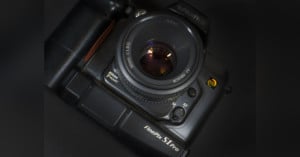
Shooting with a 21-Year-Old Camera: The Fujifilm S1 Pro
I find it incredibly fun to use older, especially unique, digital cameras both as a challenge and for sheer enjoyment.
Matt Williams is a writer, photographer, and filmmaker, currently residing outside of Nashville, TN. He is passionate about the science, art, and history of photography. He is a fan of Paul Newman, Ingmar Bergman films, rare and unique lenses, fruit (not raspberries), and telling people on the Internet they’re wrong. Some of his favorite photographers are Saul Leiter, Berenice Abbott, Gregory Crewdson, Edward Weston, Imogen Cunningham, and William Eggleston. Someday he’d like to work for Zeiss or Leica and promises to learn German if that happens. He is working on several photo projects and might finish them someday.

I find it incredibly fun to use older, especially unique, digital cameras both as a challenge and for sheer enjoyment.
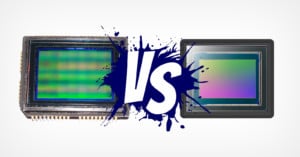
A lot of words have been written and exchanged about the difference between -- and possible advantages or disadvantages of -- CCD (charged-couple device) and CMOS (metal oxide semiconductor + active-pixel sensor) camera sensors. What really is the difference between them?
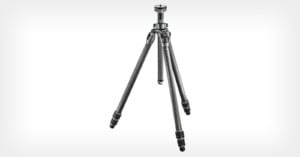
You've probably heard it before: a great tripod is one of the most valuable investments you can make as a photographer. Conversely, one of the worst investments you can make is buying a mediocre or straight-up bad tripod.
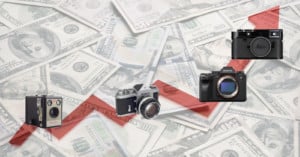
There is a purveying sentiment that cameras have only gotten more expensive over time. While there is certainly some validity in certain sectors of the market, the truth about camera prices over time is a bit more nuanced and complex than the average person makes it out to be. So, let’s take a look.
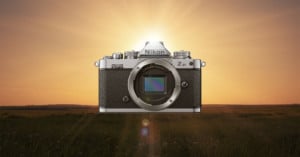
Nikon's recently announced Z fc is a camera that shows how not only can the company learn from and fix past mistakes, but also illustrate how it plans to succeed today as well as where the company can move in the future.

Just as there is hardly a one-size-fits-all best DSLR or best mirrorless camera for any given user, there is certainly not any single best application for everyone. Users’ needs and preferences vary wildly, especially considering the extensive capabilities of today’s iPhones.
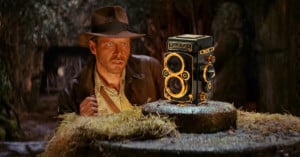
The history of photography is over a century old -- in fact, it was 107 years ago that Oskar Barnack created the Ur-Leica, a camera that would later be known as the genesis of the 36x24 “full-frame” format. Since then, hundreds of companies across the world have, to varying degrees of success, produced everything from 35mm to 127 to an assortment of medium format sizes and finally to digital.
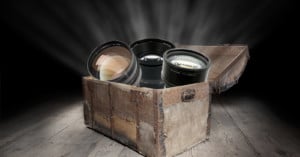
Through the history of camera development, thousands and thousands of different types of lenses have been designed and produced. Some did not advance beyond the prototype stage, some were privately commissioned, and naturally many were mass-produced to one degree or another. Of these, some are particularly rare.
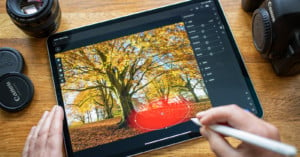
We are all likely familiar with Adobe Lightroom or Photoshop as far as editing applications go and a lot of people love these apps for their versatility and powerful suite of features. But they do come with a price, and paying a fee isn't always what every photographer is looking for.